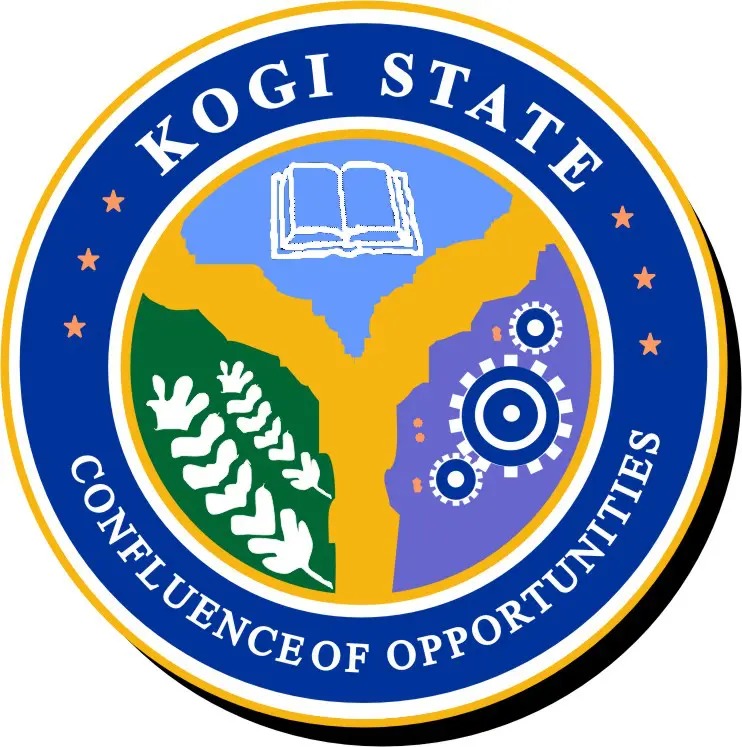Kogi State Allocates N3 Billion for Government House Remodeling in 2025 Amid Fiscal Challenges
 A recent review of Kogi State’s proposed budget for 2025 has revealed a significant allocation of N3 billion for the remodeling of the Government House, despite the state already spending N2.2 billion on the same project between January and September 2024. This move comes amid concerns over the state’s financial management and the allocation of resources.
A recent review of Kogi State’s proposed budget for 2025 has revealed a significant allocation of N3 billion for the remodeling of the Government House, despite the state already spending N2.2 billion on the same project between January and September 2024. This move comes amid concerns over the state’s financial management and the allocation of resources.
Key expenditures within the proposed budget include:
- Government House Minor Capital Projects: A total of N1.5 billion has been earmarked for various capital improvements.
- Construction of a Chapel in the Government House: While N100 million is budgeted for this, N86.4 million was already spent on the chapel during the first three quarters of 2024.
- Security Equipment: N10 billion is allocated for the purchase of security gadgets.
- Deputy Governor’s Residence and Office Rehabilitation: A sum of N65 million has been set aside for the rehabilitation of the deputy governor’s residential building, though N60.9 million was already spent on this in 2024. Additionally, N200 million is earmarked for the rehabilitation and furnishing of the deputy governor’s office, with N100 million already spent earlier in the year.
These developments come at a time when Kogi State, like many other states, has been grappling with a scarcity of funds. There have been widespread concerns over fiscal discipline, transparency, and accountability in the management of state funds. Critics argue that states are relying heavily on loans to finance their budgets, leading to significant debt servicing, which hampers investment in critical sectors like healthcare, education, and water provision.
In Kogi State, these fiscal challenges are particularly concerning as data from the National Bureau of Statistics (NBS) highlights severe gaps in public services. According to the NBS’s multidimensional poverty index, 87% of households in Kogi lack access to sanitary facilities, and 61% lack access to clean drinking water. Furthermore, about 20% of school-age children in the state are denied access to education, underscoring the pressing need for greater investments in essential services rather than infrastructure projects for government officials.













